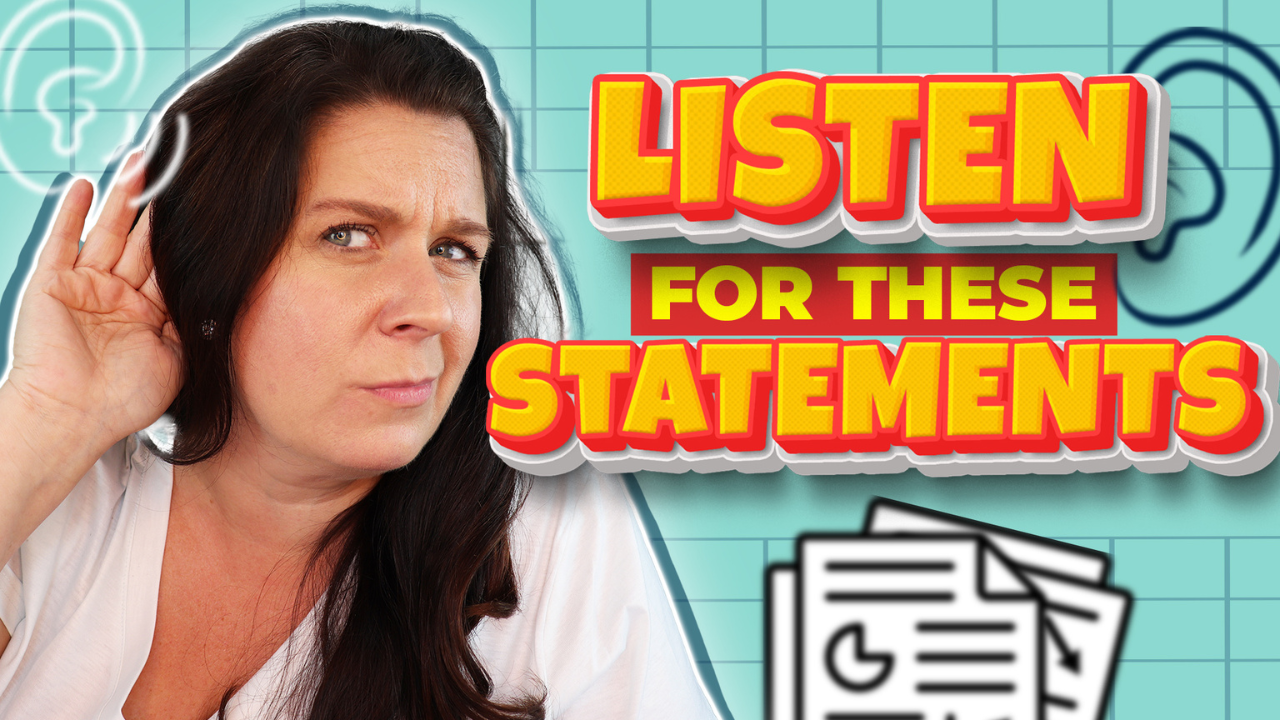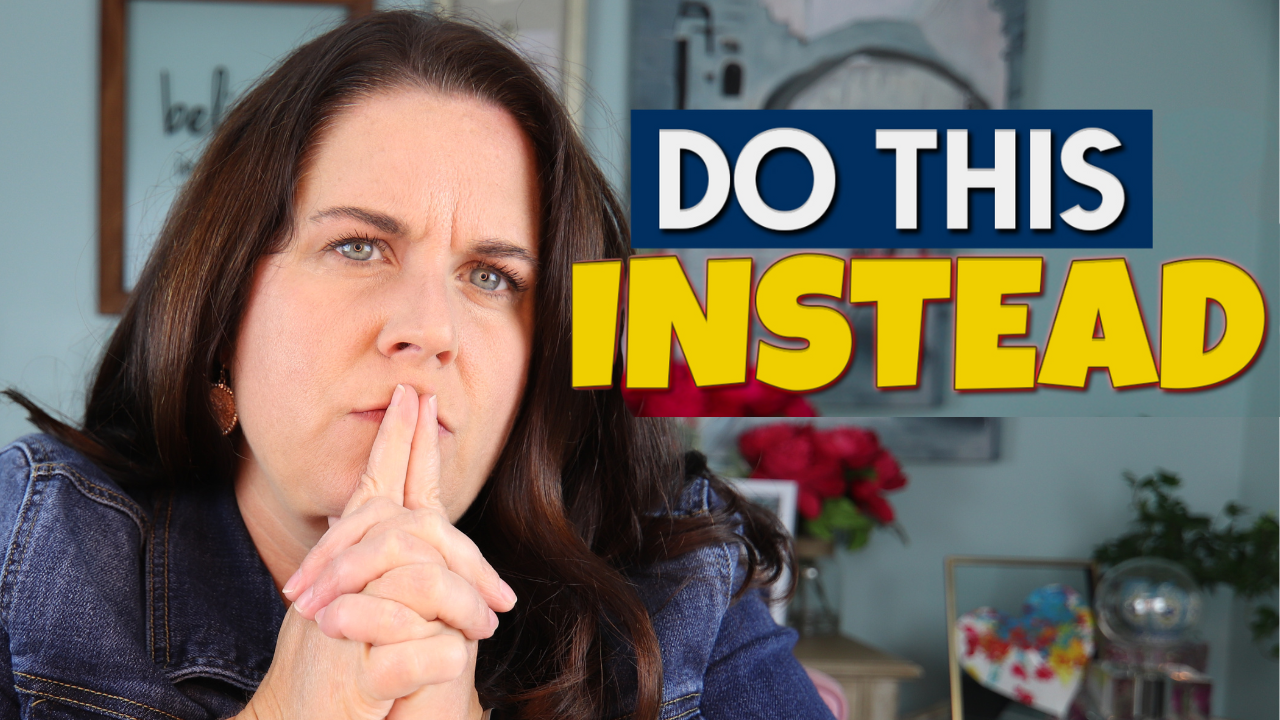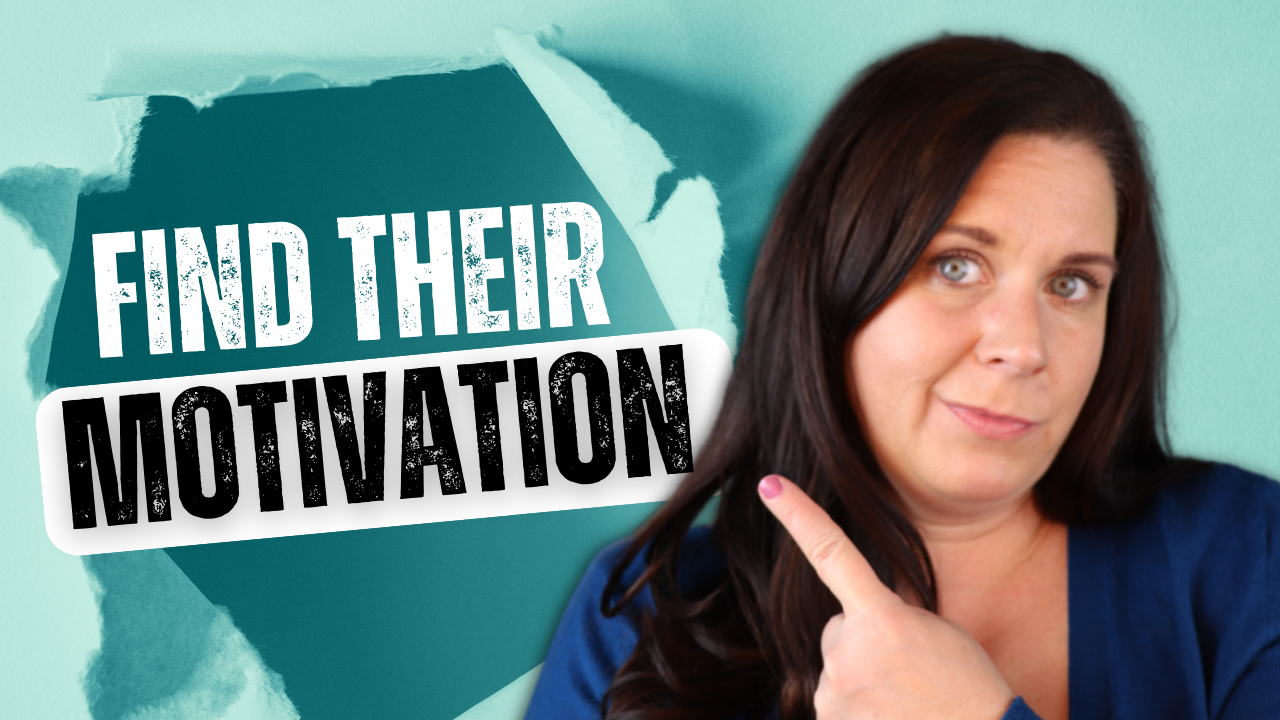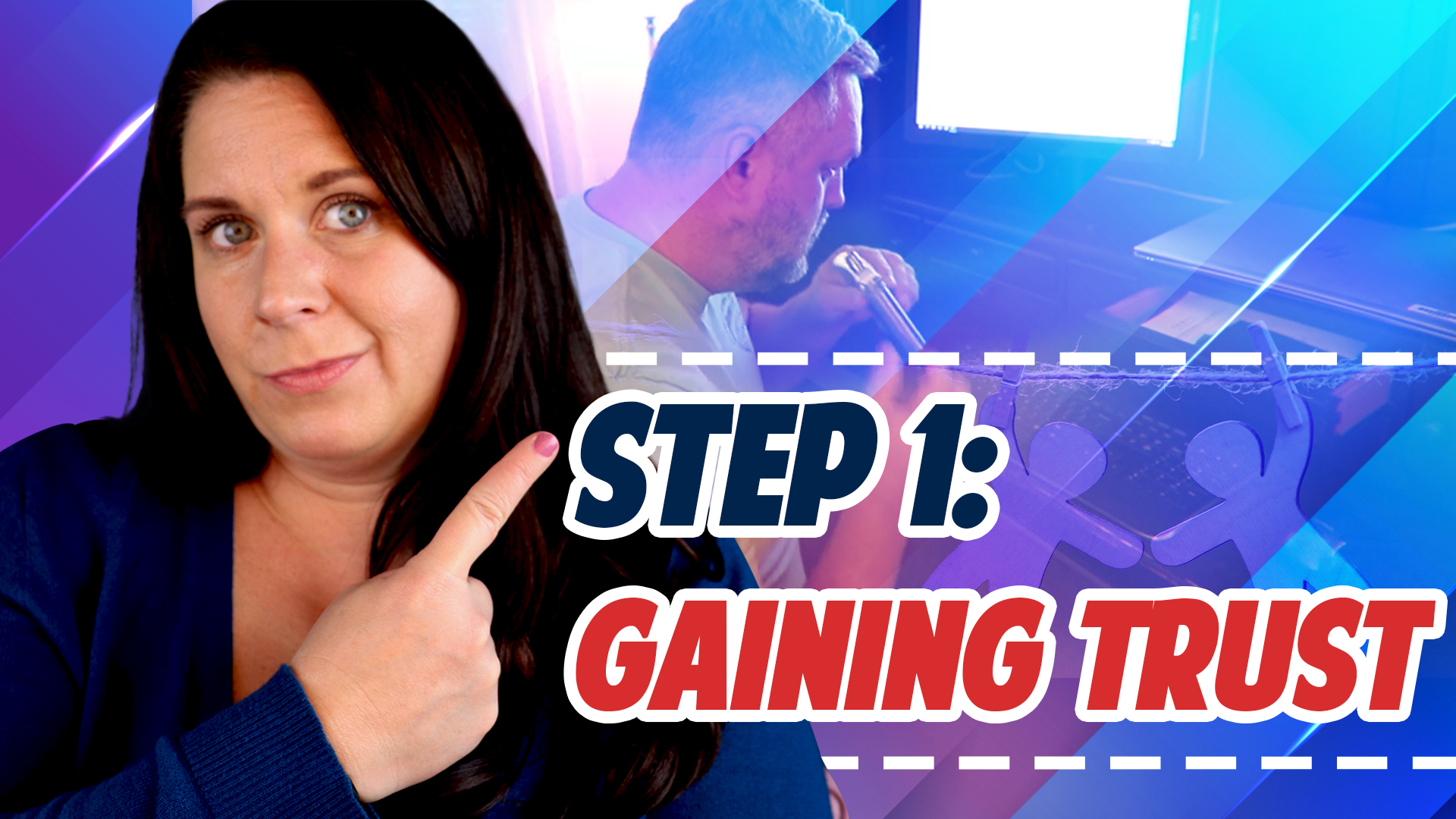This Is How Addiction Counselors Know When Someone Is Ready To Get Sober
If you have an addicted loved one and want change, yelling, nagging, threatening, and pleading will do nothing except slow down the process. Stop trying those tactics.
I've been treating people with addictions for 20 years and learned a lot over those 20 years. A lot about how to get someone out of denial, how people are thinking and feeling, how to remove roadblocks and help people decide to turn their life around. I'm here to help teach you everything I've learned...
I know it's hard not to yell, threaten, nag, and plead. It's an emotional reaction, and I feel this—the same way. Even after doing this for so long, I still want to do that. I have to fight it, and now and then, it still sneaks through.
Not only is it not practical to yell, nag, or threaten, but it will also not help you get your loved one to straighten up. Your loved one will run and get as far away as possible. Not only physically but also emotionally get far away.
Addiction counselors use a specialized motivati...
The BEST Way To Help An Addict/Alcoholic
 Unfortunately, most family members don't understand how to play their cards right, and they end up making things worse.
Unfortunately, most family members don't understand how to play their cards right, and they end up making things worse.
(Watch the first videos of this series here)
To make it easy for you to remember. I'm going to use the acronym, CARD:
CURIOSITY
ACKNOWLEDGE
REINFORCE
DAMAGE CONTROL
C is for Curiosity.
You want to be curious about what's going on with them. Ask questions, but this next part is crucial for you to understand;
You're not asking questions to ensure they did what they said or went where they were supposed to, etc.
That is not an accountability kind of curiosity. I know you've been doing that and it's not very helpful. What you want to do is be genuinely curious about their experience. You want to understand their situation.
Instead of saying, "Did you go to your meeting?"
Say, "What are those meetings even like? Do you ever talk, and who talks? Is it ever annoying? How'd it go in there?"
Ask questions in such a way that lets the person know that they can answer honestly, ...
Why You Need To Stop Telling Your Addicted Loved One They Need To Get Help
What if you're making things worse?
I know you're trying to help, but if you've been saying any of the following statements to your addicted loved one, you are only making it worse.
"You need to get some help."
"You can't do this alone."
"You have to go to treatment."
"Have you called your counselor?"
"Did you make it to your meeting today?"
When you do this, you're hitting their defensiveness button, and all they can think about is why you're all wrong.
Get them to conclude that your help would be useful and make them think it's their idea.
Timing is everything when it comes to addiction. Your addicted loved one will have moments of clarity. Usually, these moments come after some not-so-great things have happened. Wait for this moment!
How do you recognize those moments?
They'll say things like, "Man, I'm sick of doing this. I can't believe I did that again. I don't want to do this anymore." They will let you know out loud that they want to do something different and they'...
Help Someone Overcome Addiction - Even When They Don't Want To Get Sober
If you can get your addicted loved one to start envisioning a future or something more hopeful, their journey towards sobriety will speed up, and you can help reinforce it.
I'm sure you're wondering, "Okay, Amber, how do we do that?"
The first thing you have to do is help them connect with their motivations for change.
Here's a tip:
If you listen closely enough, you will hear complaints or frustrations from the person. Their motivations may not seem to be tied directly to their addictive behavior, at least not in the way that they communicate it to you, but if they're wanting something in their life to improve or something about themselves to improve, those are great motivators.
Here are some examples:
- A young adult wanting to move out of their parent's house.
- Someone who wants a promotion at work.
- Someone who wants to be a good mother or father.
Everyone has something that they desire. We all do. Listen carefully to your addicted loved one's wants, desires, and goals.
O...
How To Help An Addict/Alcoholic Get Sober - A Positive Approach
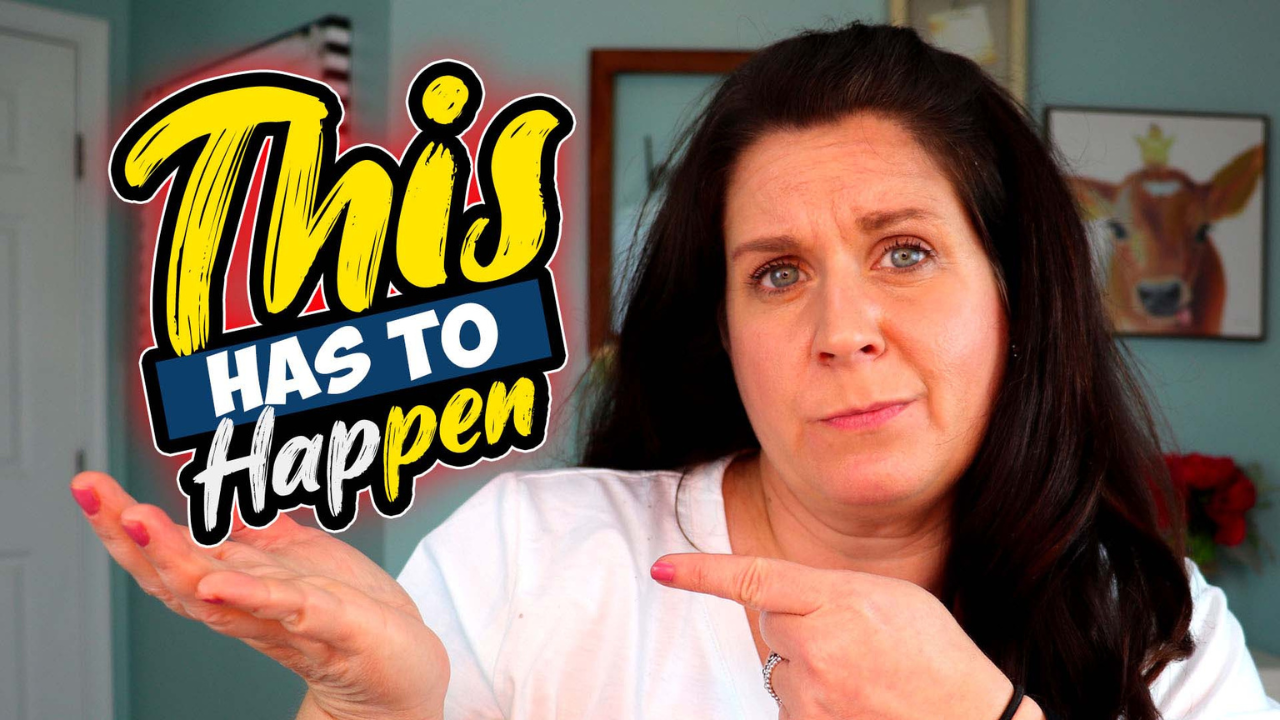 I do not believe that someone has to hit bottom to get better. I do believe that someone's situation has to get uncomfortable. It's a law of human behavior that people do what works for them. They seek pleasure and avoid pain. If their addictive behavior is more pleasurable than painful, they're probably not going to change.
I do not believe that someone has to hit bottom to get better. I do believe that someone's situation has to get uncomfortable. It's a law of human behavior that people do what works for them. They seek pleasure and avoid pain. If their addictive behavior is more pleasurable than painful, they're probably not going to change.
As their loved one, it's crucial to not interfere with the uncomfortableness and the difficulties as it happens. Don't fix their messes. Even for someone without an addiction, consequences matter. When it comes to addiction, substances act as anesthesia, so they won't feel the consequences nearly to the magnitude they would in a normal situation.
Consequences vs Punishment
A lot of people confuse consequences with punishment. I want you to understand that punishment is something you dole out and a consequence comes naturally.
If your kid is failing their classes, the consequence is that they fail the class. Punishment is something that you do at home. They can...
How To Get Your Loved One Sober | Expert Intervention Technique #1
Does this sound familiar?
"I'm not an alcoholic, it's you. You're so controlling. I'm sick of you telling me I drink too much. I work hard, provide for this house, and take care of the kids. If I want to have a drink at the end of the day, who cares? I deserve it. You need to stop being so uptight."
Believe it or not, it's possible to take someone from that state of denial to take the steps necessary to get sober. You cannot make someone get sober, but you can influence them to do so.
Strategy #1-Build credibility with your loved one
If you don't build credibility, your opinion won't matter.
Not only does your opinion not matter, but when you don't have credibility with your loved one, sometimes they do the opposite of what you want despite you.
This last one is a bit controversial.
Building credibility with your addicted loved one is about helping them feel like you understand them and knowing their situation. Your opinion and advice won't matter when they think you don't ge...
